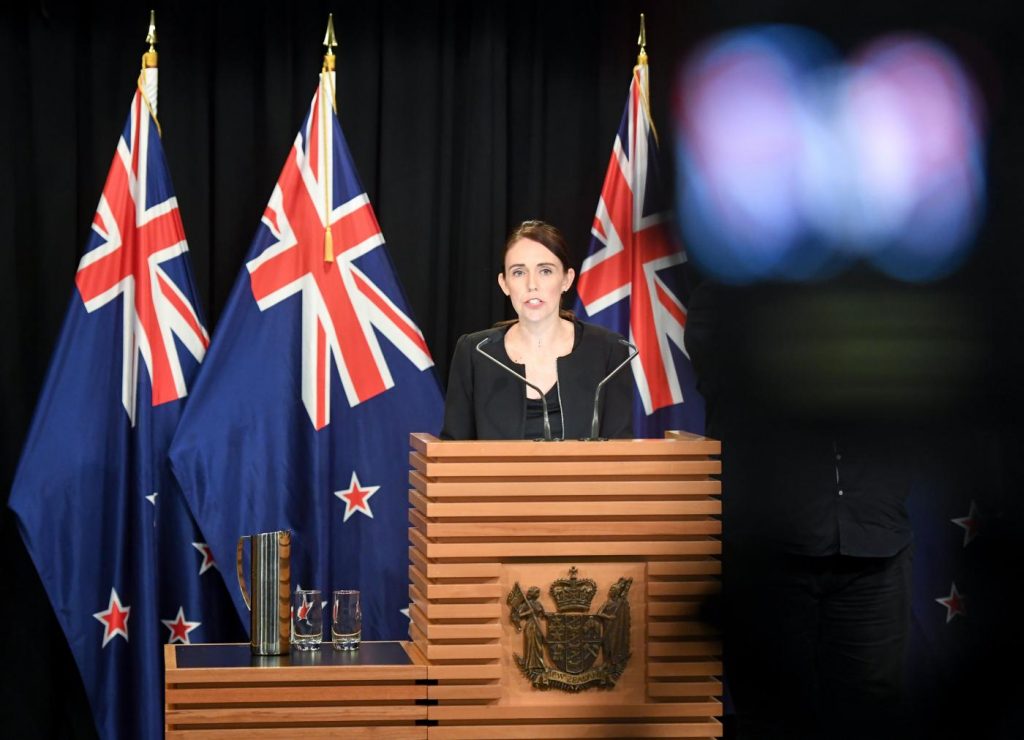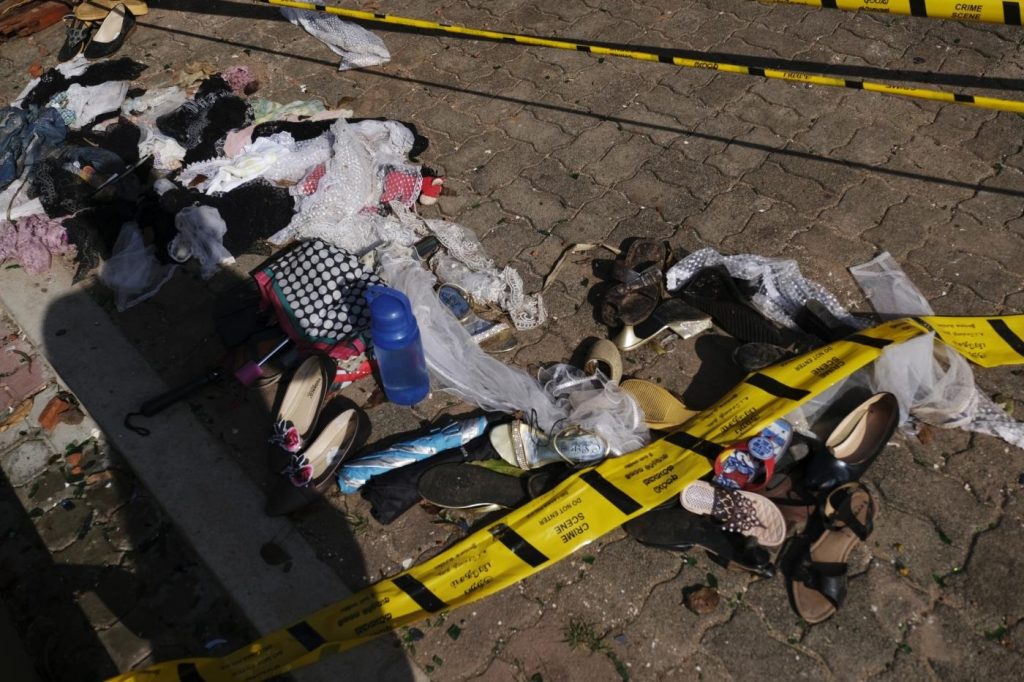Facebook-owned instant messaging app WhatsApp is testing an ‘Authentication’ feature which would bar users from taking screenshots of their private conversations…reports Asian Lite News

The new feature comes as part of a plethora of security changes that the app has been working on and introducing, keeping in line with the app’s commitment to user-privacy, web portal Independent reported.
The screenshot-blocking feature would be made available to users whenever WhatsApp plans to release the ‘Authentication’ feature, which is currently under development.
Before accessing into the app, the ‘Authentication’ feature would ask users to confirm their identities via their fingerprints.
On enabling the feature, even after confirming their identities, users would not be able to take a screenshot of their chats.
“Fingerprint Security: When enabled, fingerprint is required to open WhatsApp and conversation screenshots are blocked. You can still reply to messages from notifications and answer calls if WhatsApp is locked,” a screenshot of the beta version of the ‘Authentication’ feature reads.
Information surfacing about this upcoming feature has left users in a state of confusion.
“I don’t get it. What’s the point. How’s this useful. You’ve authenticated fingerprint security, that means your chat is secured. Why blocking screenshot, after all its your own chat, its your own WhatsApp, you should be able to do what you want,” a user replied on WABeta’s tweet informing users about the feature.
Details about the roll-out of the feature remains unknown.








